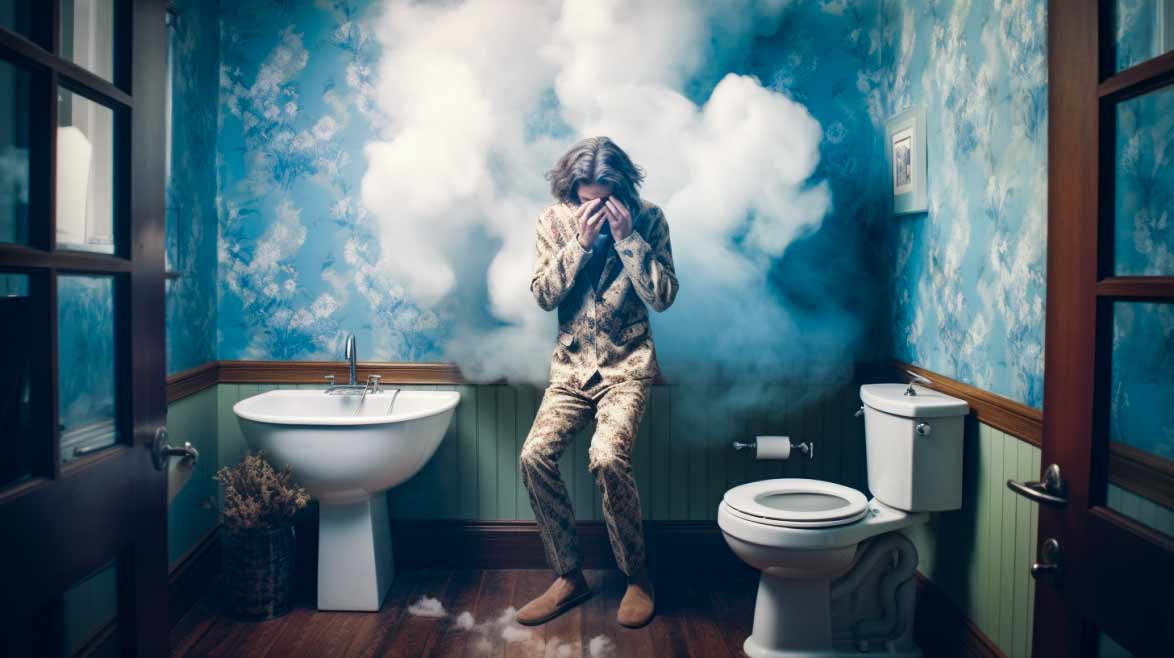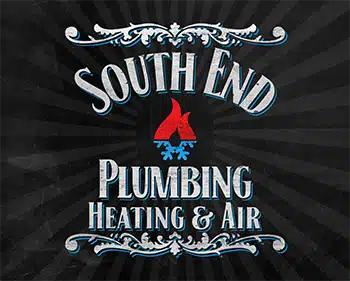What Plumbing Problems Can Cause Smells?
South End Plumbing, Heating, & Air Expert Tips

Plumbing Problems That Cause Bad Smells
What Plumbing Problems Can Cause Smells?
Unpleasant odors in your home can quickly disrupt your comfort and leave you searching for the source of the smell. Oftentimes, these foul odors can be traced back to underlying plumbing issues. Understanding the common plumbing problems that can cause smells is essential in resolving the root cause and restoring a fresh and pleasant environment. In this article, South End Plumbing, Heating, and Air will discuss several plumbing problems that can lead to unpleasant odors and offer insights on how to address them effectively.
- Drain Clogs: One of the primary culprits behind foul odors in plumbing systems is a clogged drain. Over time, organic matter, hair, grease, and other debris can accumulate in drains, causing blockages. As the clog persists, it can lead to stagnant water, resulting in a musty or sewage-like odor. Clearing the clog with a plunger, drain snake, or natural drain cleaners can alleviate the odor.
- Sewer Line Issues: Damaged or clogged sewer lines can cause persistent foul odors throughout your home. Tree root intrusion, pipe corrosion, or blockages can disrupt the proper flow of sewage, leading to backups and unpleasant smells. If you notice a strong, sewage-like odor inside or outside your home, it may indicate a sewer line problem. Contact a professional plumber, like South End Plumbing, Heating, and Air, to conduct a thorough inspection and address any sewer line issues promptly.
- Toilet Issues: A malfunctioning toilet can release unpleasant odors into your bathroom. A worn-out wax ring, loose connections, or cracks in the toilet bowl or tank can allow sewer gases to escape, resulting in foul smells. Inspect the toilet for visible cracks, tighten any loose connections, and replace the wax ring if necessary. If the odor persists, it’s best to seek professional assistance to identify and resolve the underlying problem.
- Dry P-Trap: P-traps are U-shaped pipes located beneath sinks, showers, and floor drains. These traps are designed to hold a small amount of water, creating a barrier that prevents sewer gases from entering your home. If a fixture is not used for an extended period, the water in the P-trap can evaporate, allowing odors to seep through. To eliminate this issue, run water in unused fixtures occasionally or consider installing P-trap primers to automatically maintain the water seal.
- Venting Issues: Plumbing systems rely on vents to allow proper air circulation, which helps prevent the buildup of sewer gases. If vents become obstructed or damaged, it can result in odors escaping into your home. Common culprits include debris, bird nests, or blocked vent pipes. Professional plumbers can inspect and clean the vents, ensuring proper airflow and minimizing odors.
- Leaking Pipes: Leaking pipes not only waste water but can also contribute to unpleasant smells. Dripping or leaking pipes can create a moist environment that promotes the growth of mold and mildew, leading to musty odors. Inspect your plumbing system for any signs of leaks, such as water stains, dampness, or mold growth. Repair or replace the damaged pipes promptly to prevent further issues and eliminate the odor.
Conclusion: Unpleasant odors in your home can often be attributed to underlying plumbing problems. By understanding the common culprits, such as drain clogs, sewer line issues, toilet malfunctions, dry P-traps, venting problems, and leaking pipes, you can take proactive steps to address and resolve these issues. If you encounter persistent odors or require professional assistance, South End Plumbing, Heating, and Air is here to help. Our experienced plumbers can identify the root cause of the problem and provide reliable solutions to restore a fresh and pleasant environment in your home.
Last Updated on 28th June 2023 by South End Plumbing, Heating, and Air Specialist
